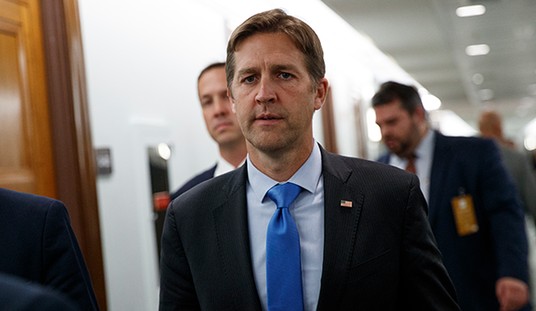The New York Times will report no news before its time:
My friends, some years ago, the Federal Government declared war on poverty, and poverty won. [Laughter] Today the Federal Government has 59 major welfare programs and spends more than $100 billion a year on them. What has all this money done? Well, too often it has only made poverty harder to escape. Federal welfare programs have created a massive social problem. With the best of intentions, government created a poverty trap that wreaks havoc on the very support system the poor need most to lift themselves out of poverty: the family. Dependency has become the one enduring heirloom, passed from one generation to the next, of too many fragmented families.
—President Ronald Reagan’s State of the Union address to Congress, January 25, 1988.
McDowell County, the poorest in West Virginia, has been emblematic of entrenched American poverty for more than a half-century. John F. Kennedy campaigned here in 1960 and was so appalled that he promised to send help if elected president. His first executive order created the modern food stamp program, whose first recipients were McDowell County residents. When President Lyndon B. Johnson declared “unconditional war on poverty” in 1964, it was the squalor of Appalachia he had in mind. The federal programs that followed — Medicare, Medicaid, free school lunches and others — lifted tens of thousands above a subsistence standard of living.
But a half-century later, with the poverty rate again on the rise, hardship seems merely to have taken on a new face in McDowell County. The economy is declining along with the coal industry, towns are hollowed out as people flee, and communities are scarred by family dissolution, prescription drug abuse and a high rate of imprisonment.
—“50 Years Into the War on Poverty, Hardship Hits Back,” the New York Times, last Sunday.
By the way, let’s parse out this excerpt from the last sentence quoted above: “The economy is declining along with the coal industry.”
John Kerry, our current Secretary of State, has on occasion believed the first half of this sentence is good news. Barack Obama, our current president, has openly admitted that the second half of the equation — shrinking the coal industry — is one of his goals. From the Times’ perspective, it’s also welcome news. Sometimes they’ll even admit it, though not for long.










Join the conversation as a VIP Member